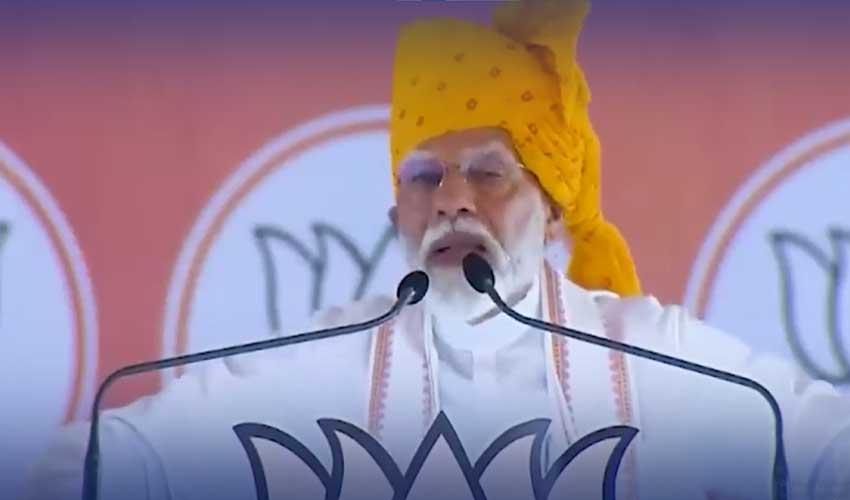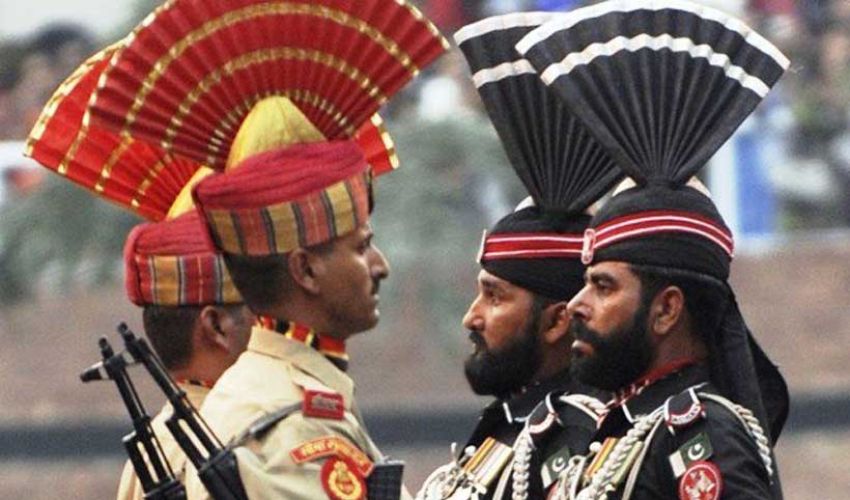Modi government is facing large-scale allegations of spreading misinformation and propaganda to secure a third term. The ruling Bharatiya Janata Party (BJP) has been accused of weaponizing social media to influence voters and undermine opposition parties.
Under the BJP’s influence, the dissemination of fake news has reportedly intensified. Supporters of Narendra Modi have been accused of using every possible tactic to ensure the party’s victory.
Social media platforms have been flooded with posts designed to discredit opposition parties, with particular emphasis on anti-Islamic and anti-Muslim rhetoric.
During the campaign, the BJP has allegedly labeled voting for opposition parties as a betrayal to Pakistan, coining the term "vote jihad" to stigmatize the Congress and Samajwadi Party. This term has been controversially used by opposition politician Maria Alam in her attempts to engage the minority community.
Faced with the prospect of losing key seats, the Modi government has increasingly resorted to religious polarization. Various BJP-affiliated social media accounts have claimed that Muslims are engaging in "vote jihad," spreading disinformation and fostering divisions.
India’s media landscape has come under scrutiny, with the World Press Freedom Index ranking India 161 out of 180 countries for press freedom. Critics argue that India's media, sometimes referred to as "Godi Media," has played a significant role in bolstering Modi's election campaign. Reports from the Mozilla Foundation suggest that the Election Commission of India has failed to regulate social media platforms effectively, allowing hate speech and misinformation to flourish.
The BJP’s use of hate speech is seen as a violation of the Election Commission of India's laws and regulations. Despite these accusations, there has been little regulatory action to curb the spread of inflammatory content during the campaign.



























